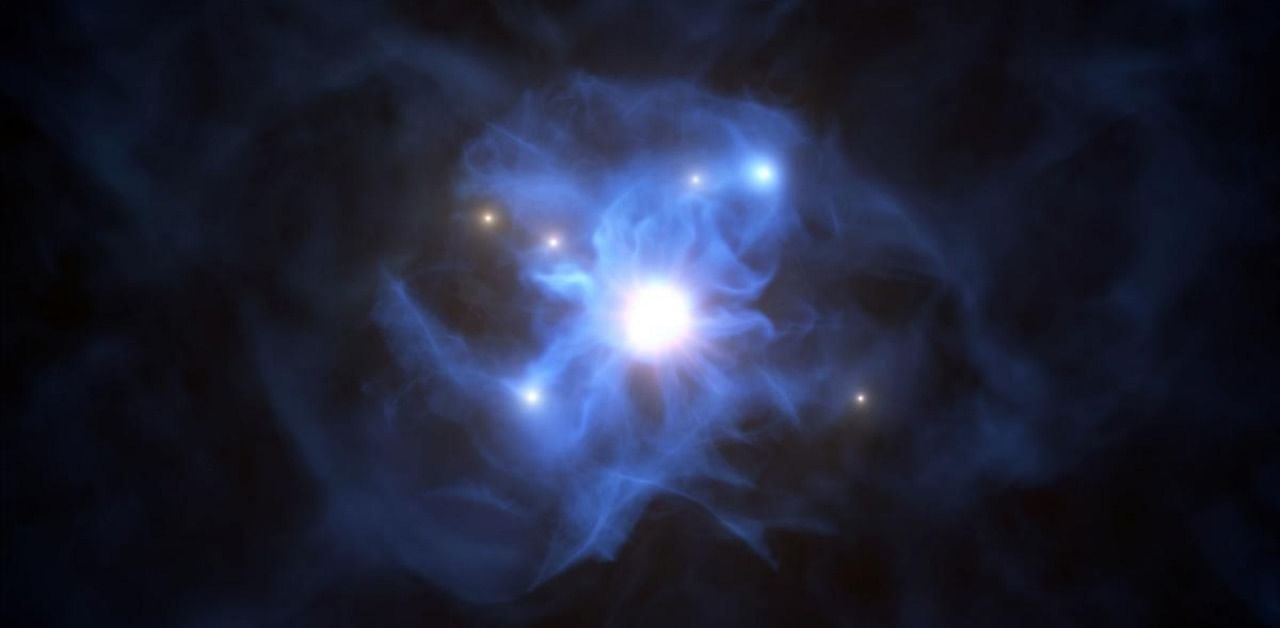
Big Bang was not the start of our universe rather it was the end of the previous one, Nobel Laureate Roger Penrose told The Telegraph.
In an interview with the publication, one of this year’s Nobel Laureate, Penrose, said, “There was something before the Big Bang and that something is what we will have in our future.” He also claims that evidence of this previous universe is present in black holes.
According to Penrose, who was a contemporary of Stephen Hawking, the Big Bang actually began in the remote future of the previous aeon (duration of one universe).
Penrose said that evidence of this older universe can be found in current black holes and unexplained spots of electromagnetic radiation in the sky (Hawking Points).
This is part of a theory called the “conformal cyclic cosmology” which postulates that the universe goes through infinite cycles where Big Bang is the birth of a new universe.
Penrose, who was awarded the Nobel Prize for his work in Physics for proving Albert Einstein’s theory of relativity by discovering black holes, said that the radiation coming out of black holes—called Hawking Radiation—is remanence of the previous universe.
Nobel laureate also mentioned that there is a possibility that the time period for complete evaporation of the radiation from black holes is longer than the age of our current universe, hence could not be detected.
Explaining further he said, “We have a universe that expands and expands, and all mass decays away, and in this crazy theory of mine, that remote future becomes another aeon.”
According to his theory, there would have been similar black holes evaporating (Hawking evaporation) from the previous eon which produce the Hawking Points.
“These points are about eight times the diameter of the Moon and slightly warmed up regions. There is pretty good evidence for at least six of these points,” he added.
However, experts in the field do not agree with Penrose. A Forbes article, which questions Penrose’s theory says that there are no echoes of these past aeons on our universe. “There are no bruises on our Universe; no repeating patterns; no concentric circles of irregular fluctuations; no Hawking points.
When one analyses the data properly, it is overwhelmingly clear that inflation is consistent with the data, and the CCC is quite clearly not,” it adds.